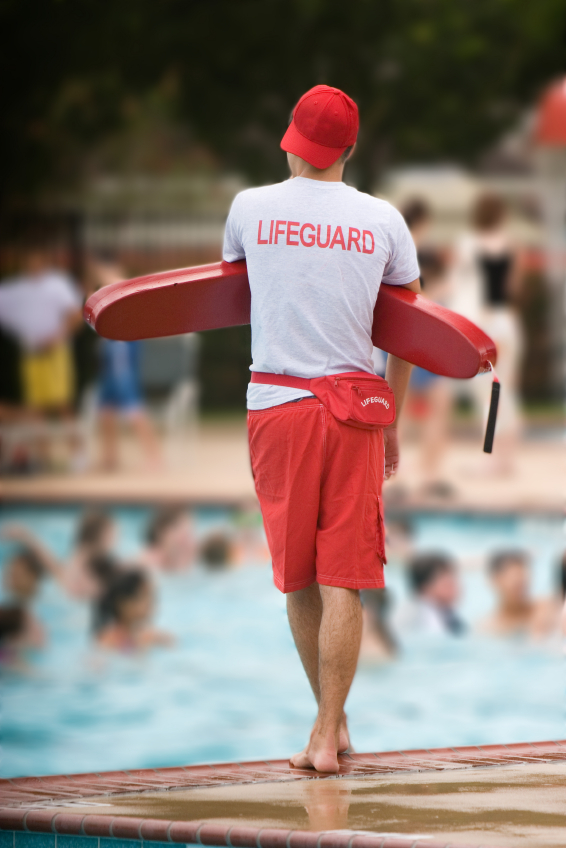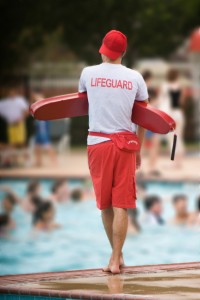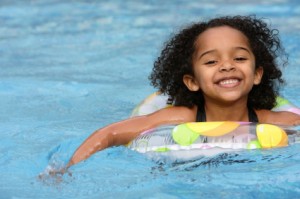
Swim Safe
 Montgomery County Fire and Rescue officials are urging residents to take proper precautions around the water and to keep a close eye on children when they are near any water sources in response to two near-drownings over the Memorial Day weekend. Whether you’re a seasoned swimmer or just learning how to swim, many water-related injuries can be avoided by knowing what to do and how to stay safe. The Montgomery County Fire and Rescue Service and the Department of Recreation are joining forces to promote the importance of water safety throughout the summer. Residents are urged to review these water safety tips to increase safety around the water:
Montgomery County Fire and Rescue officials are urging residents to take proper precautions around the water and to keep a close eye on children when they are near any water sources in response to two near-drownings over the Memorial Day weekend. Whether you’re a seasoned swimmer or just learning how to swim, many water-related injuries can be avoided by knowing what to do and how to stay safe. The Montgomery County Fire and Rescue Service and the Department of Recreation are joining forces to promote the importance of water safety throughout the summer. Residents are urged to review these water safety tips to increase safety around the water:
- Learn to swim and never swim alone. One of the best things you can do to stay safe around the water is to learn to swim and to always swim with a buddy. Even experienced swimmers can become tired or get muscle cramps which might make it difficult to get out of the water safely.
- Learn life-saving skills. Know how to prevent, recognize and respond to emergencies. In the time it might take paramedics to arrive, your CPR skills could make a difference in saving someone’s life.
- Teaching your child how to swim does not mean that your child is safe in the water. If you have a pool or are visiting a pool, protect your children by supervising them at all times and being prepared in case of an emergency. Consider designating a “water watcher” when children are participating in water activities.
- Seconds count when it comes to water emergencies. Keep a phone (cell or cordless) by the pool or nearby when engaged in recreational water activities so that you can call 9-1-1 in an emergency.
- Avoid relying on inflatable swimming aids such as “floaties” and “noodles” to keep your child safe. These toys are not designed to keep your child safe and are not a substitute for approved life vests and can give children a false sense of security.
- Lifeguards are an important safety feature but are NOT intended to replace the close supervision of parents or caregivers. Remember, lifeguards are not babysitters.

- Maintain constant supervision of children around water (bathtubs, pools, ornamental backyard ponds, etc.). Never leave a child unattended in the water or pool area. Don’t be distracted by phone calls, chores or conversations. If you leave the pool area, take the child with you. Remember: swim lessons are no substitute for the supervision of children. Formal swimming lessons can help protect young swimmers around the water however constant adult supervision is critical.
- Diving dangers. Diving injuries can cause permanent spinal damage, injuries and even death. Protect yourself by diving only in designated areas that are known to be safe, such as the deep end of a supervised pool.
- Pay attention to local weather conditions and forecasts. Stop swimming at the first indication of bad weather.
- Know Your Limits. Watch for the “dangerous too’s” . . . too tired, too cold, too far from safety, too much sun, too much strenuous activity.
- Water and alcohol don’t mix. Each year, up to half of all adult drownings are linked to alcohol use.

Engage us on Facebook
Follow us on Twitter
Tweets by @mymcmedia